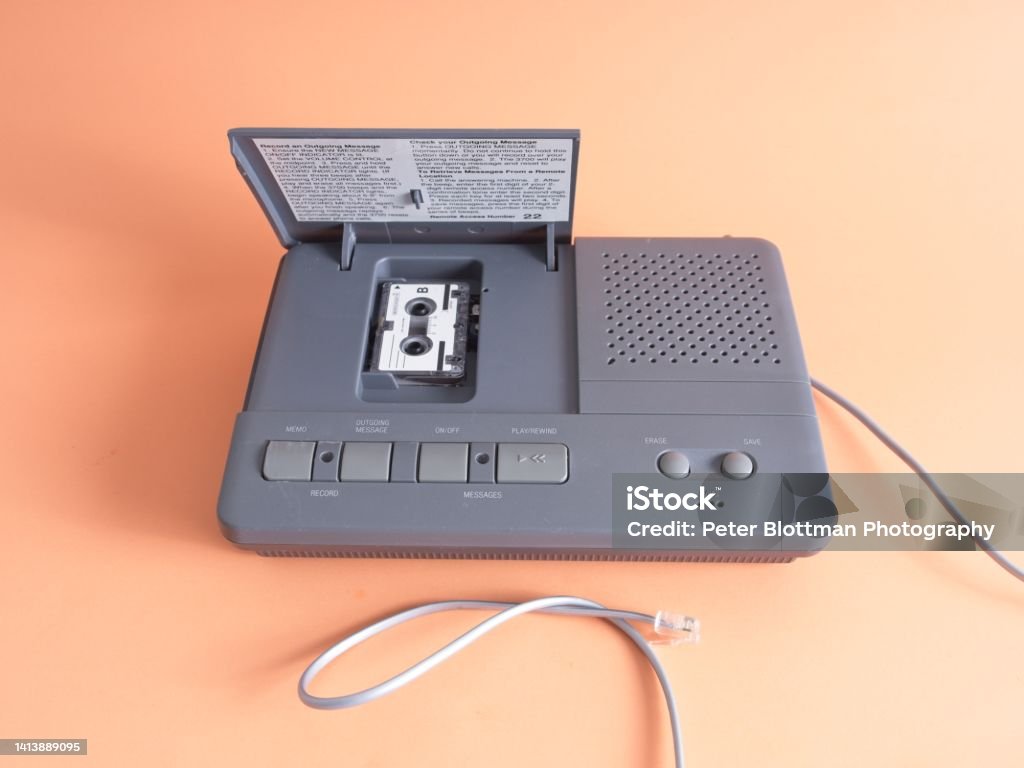Securing financing for a small business in Honduras can be a transformative step, enabling growth, stability, and innovation. With various local and international funding options available, entrepreneurs in Honduras can access tailored financial solutions to support their ventures. In this article, we explore different loan options, eligibility requirements, and tips to secure the best financing for your business.

Why Consider Small Business Loans in Honduras?
Small business loans provide essential capital for business growth, helping entrepreneurs to:
- Purchase inventory or equipment.
- Expand operations or enter new markets.
- Manage cash flow during seasonal fluctuations.
- Recover from natural disasters or economic disruptions.
For businesses in Honduras, access to financing is particularly critical in rebuilding after hurricanes, supporting rural businesses, and fostering job creation.
Top Sources for Small Business Loans in Honduras
1. Local Banks and Financial Institutions
Banco Ficohsa
One of the largest banks in Honduras, Banco Ficohsa, offers tailored loan programs for SMEs, supported by the Inter-American Development Bank (IDB). Their SME loans are designed to promote business growth and job creation, making them ideal for entrepreneurs seeking long-term financing
BAC Credomatic
BAC Credomatic provides flexible loan options for small businesses, focusing on competitive interest rates and easy repayment terms. Their offerings are tailored to meet the diverse needs of businesses across industries.
2. Microfinance Institutions
Fundación Covelo
This organization partners with microfinance institutions to distribute loans and grants to underserved areas. Their programs prioritize businesses owned by women and youth or located in rural and disaster-affected regions
ODEF Financiera
ODEF is another prominent microfinance institution offering credit lines, microloans, and financial education to small business owners. Their focus on rural areas makes them a great choice for agricultural and community-based enterprises.
3. International Development Programs
USAID Transforming Market Systems (TMS) Activity
USAID’s TMS Activity supports Honduran businesses through grants and microloans, emphasizing disaster resilience and employment generation. For example, the program provides $250–$500 nano-grants to rural enterprises and hurricane-affected businesses
Inter-American Development Bank (IDB)
The IDB funds several initiatives aimed at improving access to finance for small businesses in Honduras, including lines of credit for banks and microfinance institutions.
4. Cooperatives and Credit Unions
Cooperatives such as COVELO’s network of rural cajas rurales play a significant role in disbursing small business loans. These cooperatives are ideal for agribusinesses and local entrepreneurs, offering flexible terms and low-interest rates
How to Qualify for a Small Business Loan
While requirements vary across lenders, common eligibility criteria include:
- Business Plan: A detailed plan showcasing your business model, market potential, and financial projections.
- Creditworthiness: A strong credit history or proof of reliable income streams.
- Collateral: Assets like property, equipment, or inventory may be required as security.
- Operational Track Record: Many lenders prefer businesses with at least one year of operations.
Tips for Securing the Best Loan
- Research Your Options
Compare lenders to find a loan that matches your business needs and offers favorable terms. - Prepare Strong Documentation
Include all necessary documents, such as tax records, identification, and your business plan. - Leverage Local Networks
Engage with cooperatives or community groups that can vouch for your credibility and connect you with lenders. - Consider Grants and Hybrid Financing
Explore opportunities to combine loans with grants or subsidized credit lines for more affordable financing.
Real-Life Examples of Small Business Loan Impact
Supporting Growth in Rural Enterprises
Nano-grants provided by the USAID TMS Activity helped over 1,500 rural businesses recover from natural disasters, focusing on job creation and disaster resilience
Empowering Women Entrepreneurs
Programs like Fundación Covelo’s microfinance network prioritize women-led businesses, enabling them to scale operations and improve family incomes.
FAQs
Q1: What are the interest rates for small business loans in Honduras?
Interest rates vary by lender and loan type but generally range from 10% to 25% annually for commercial loans and microfinance credits.
Q2: Are there grants available for small businesses in Honduras?
Yes, international programs like USAID and local cooperatives offer grants and subsidized loans, especially for disaster-affected businesses.
Q3: Can startups qualify for loans in Honduras?
Startups can access financing through microfinance institutions, cooperatives, and programs tailored to young entrepreneurs and small enterprises.
Conclusion
Access to small business loans in Honduras has never been more attainable, with a range of options tailored to the unique needs of local entrepreneurs. From traditional banks to innovative grant programs, these financing solutions empower businesses to thrive in challenging economic conditions.
Whether you’re looking to expand your operations, recover from a natural disaster, or launch a new venture, the right loan can provide the financial boost you need. Start exploring your options today by visiting resources like Banco Ficohsa or ACDI/VOCA to kickstart your journey to success.




